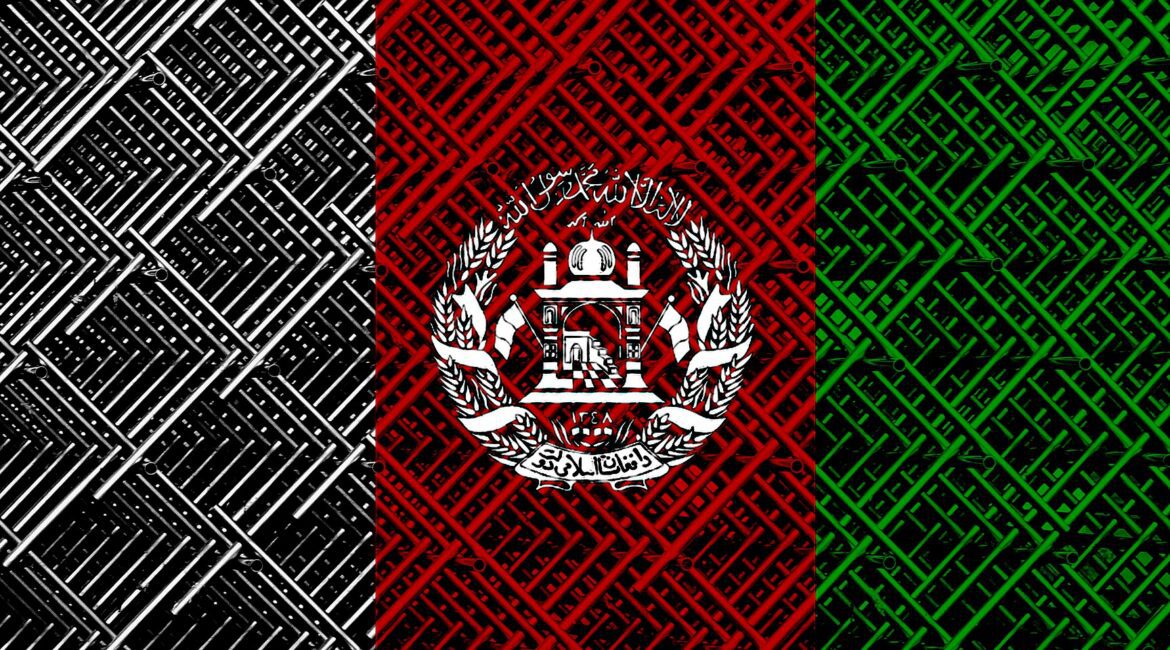Two months since Taliban have grabbed power, Afghan population is already exhausted. Washington frozen Afghan Central Bank monetary reserves and many Afghan banks closed doors. Consequently, Afghan people have not anymore access to their savings and public administration has been deprived of salaries. And while the cash is becoming odd, prices are about to explode.
According to the High UN Commissioner for refugees, Afghan economy is at the edge of the disaster. About a million children are threatened by starvation, if a massive alimentary aide is late to arrive.
In this high level of urgency, European Union decided to grant 1.4 billion to Afghanistan and the G20 group accepted to discuss with Taliban ways of distribution of this financial aid, but without recognizing their government. "It is very difficult to imagine how to support Afghan people without talking with Taliban regime, but this is not a need to recognize them" said Italian prime minister, Mario Draghi, who assumes G20 momentary presidency.
In the present Afghan affair, Western countries have to be very cautious. Their position is a delicate one, because their former enemies could become their direct interlocutors. Otherwise, one could see Afghanistan plunging in a deep humanitarian crisis. As a result, dialogue with Taliban regime is unavoidable and it is preferable rather isolation.
For the time being, G20 position is determined: all humanitarian aids should be sent to Afghanistan through international organisations. But because the international sanctions, Taliban could impose fees on all humanitarian aids, for ensuring their revenues.
Therefore, international community faces a big dilemma: by the sanctions, it obstructs a possible economic reprisal and gives path to repetitive humanitarian aids; if the sanctions are lift, it would mean the beginning of recognizing Taliban, and no country, until now, has the interest to go in this direction.
Supporting or not Taliban

